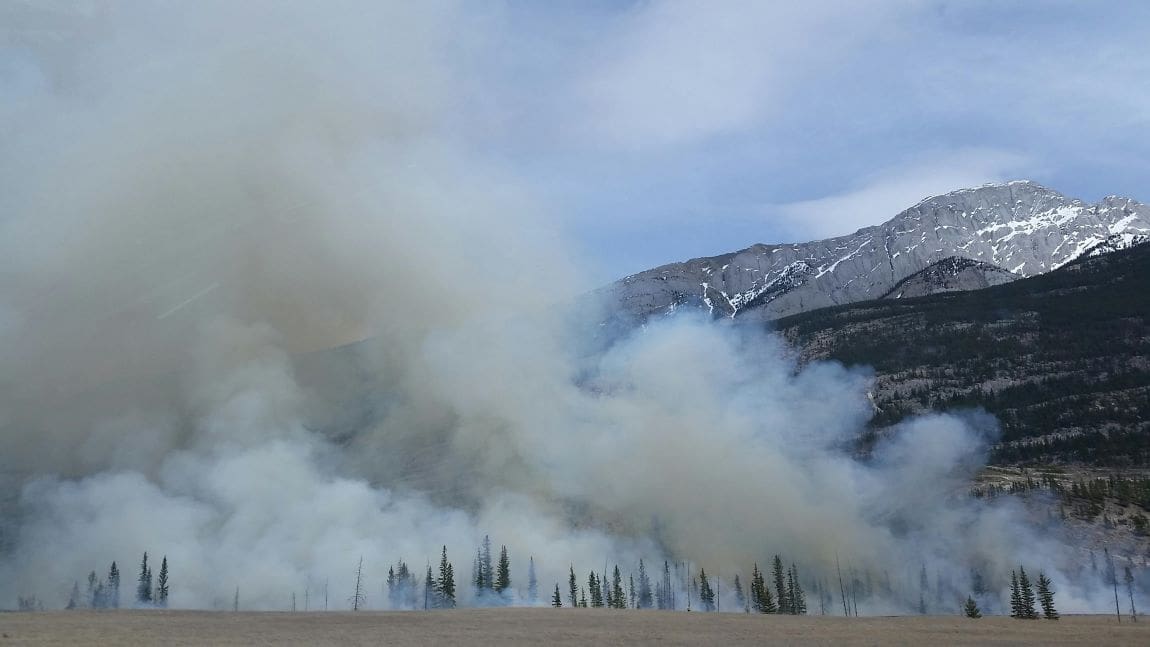Bokie Muigai | Keck School of Medicine of USC – With a $4.1 million grant from the National Institutes of Health, USC researchers will characterize climate-related exposures and gaps in adaptation capacity to understand their combined impacts on human health.
From devastating wildfires and landslides to droughts and extreme heat waves, climate-related events disrupt the lives of communities around the world. How these events impact the health of Los Angeles’s vulnerable communities is a question numerous USC researchers are working to solve.
The National Institutes of Health (NIH), U.S.A., has awarded $4.1 million to a USC-led initiative to build a community of transdisciplinary scientists and a robust infrastructure with the goal of advancing solution-oriented climate change adaptation and health research.
The center is called CLIMA, short for the CLIMAte-related Exposures, Adaptation and Health Equity Center. CLIMA brings together researchers from the Department of Population and Public Health Sciences at the Keck School of Medicine of USC, USC Dana and David Dornsife College of Letters, Arts and Sciences, USC Viterbi School of Engineering and USC Annenberg School for Communication and Journalism.
This NIH award is a milestone in USC President Carol Folt’s Sustainability “moonshot,” an ambitious university-wide commitment to innovation in the space of sustainability through research and education.
“California, with its diverse communities, provides an ideal opportunity to identify gaps in climate resilience and adaptation strategies to inform policies that protect the most vulnerable and strengthen climate resiliency,” said center director Rima Habre, ScD, associate professor of environmental health and spatial sciences at the Keck School of Medicine of USC and the Spatial Sciences Institute of the USC Dornsife.
CLIMA researchers have been collaborating with USC Dornsife Public Exchange and the City of Los Angeles Climate Emergency Mobilization Office (CEMO) to build a visual mapping tool called a StoryMap, which can add narrative context to the city and county’s extreme heat challenges.
By combining Geographic Information System (GIS) mapping with accessible climate storytelling, the StoryMap can inform the public about the risks associated with extreme heat, as well as provide resources for and information regarding the City of Los Angeles’ #HeatRelief4LA campaign.
The center is supported by USC’s Research Strategy and Development subdivision within the Office of Research and Innovation, whose mission is to foster scholarly excellence and bring together experts across diverse fields from USC, Southern California and beyond.
“Our focus is on how the most vulnerable communities of Southern California are being impacted by wildfire smoke and extreme heat, and how social, human, and system level factors like disaster preparedness, power outages, and urban vegetation, can reduce capacity to adapt to and recover from impacts of climate change,” says Habre, an environmental health and exposure science expert.
“The goal of the science we are developing in CLIMA is to provide our policymakers with the most actionable data and evidence they need to strengthen policies and support investments that increase local adaptive capacity and increase resilience in our city, with a focus on health equity,” says Rob McConnell, MD, CLIMA’s deputy director and professor of population and public health sciences at Keck School of Medicine.
This funding is a result of the ongoing large-scale NIH Climate Change and Health Initiative, a cross-cutting effort to stimulate research to reduce health threats from climate change across the lifespan and build health resilience in individuals, communities, and nations around the world, especially among those at highest risk.
About this research
In addition to Habre and McConnell, the center’s researchers include Sandrah Eckel, PhD, Shohreh Farzan, PhD, Erika Garcia, PhD, MPH, Jill Johnston, PhD, and Lu Zhang, PhD, from Keck School of Medicine of USC; Kelly Sanders, PhD, and Jiachen Zhang, PhD, from USC Viterbi School of Engineering; Sam Silva, PhD, and John Wilson, PhD, from USC Dornsife College of Letters, Arts and Sciences; and Robin Stevens, PhD, MPH, from USC Annenberg School for Communication and Journalism.
***
This work is supported by the National Institutes of Health [P20HL176204].
Article Source:
Press Release/Material by Keck School of Medicine of USC
Featured image credit: Pixabay | Pexels
Disclaimer:
This press release is not a document produced by Muser Press. Muser Press shall not bear responsibility for its content. In case you have any questions about this press release, please refer to the contact person/entity mentioned in the text of the press release.




